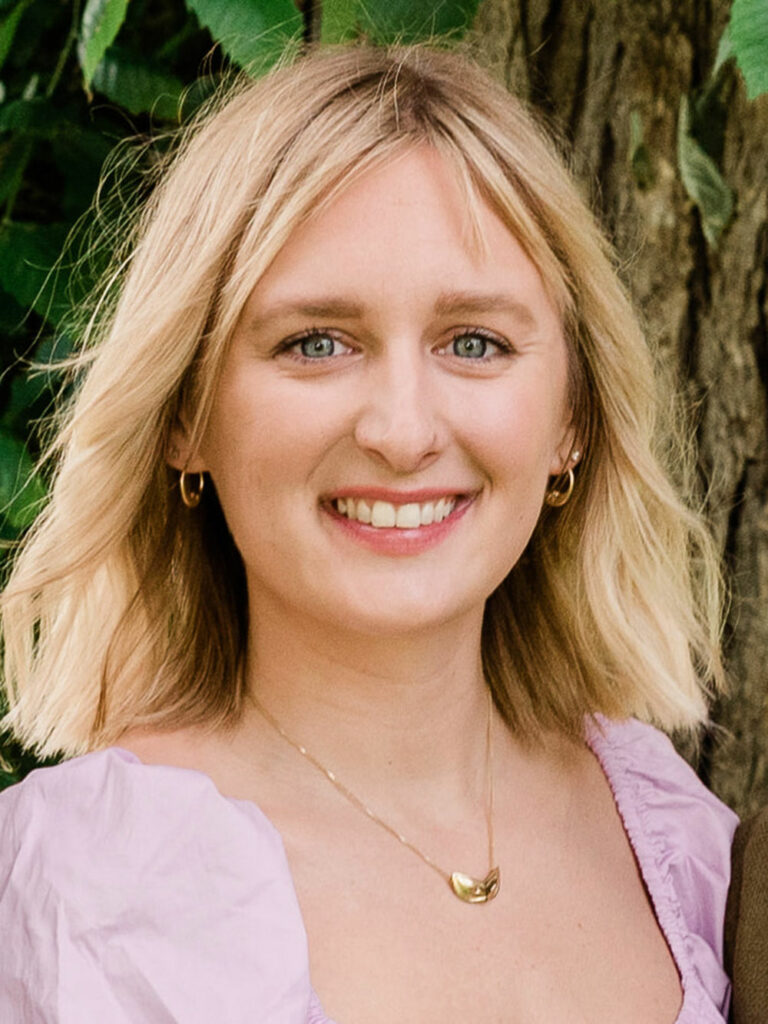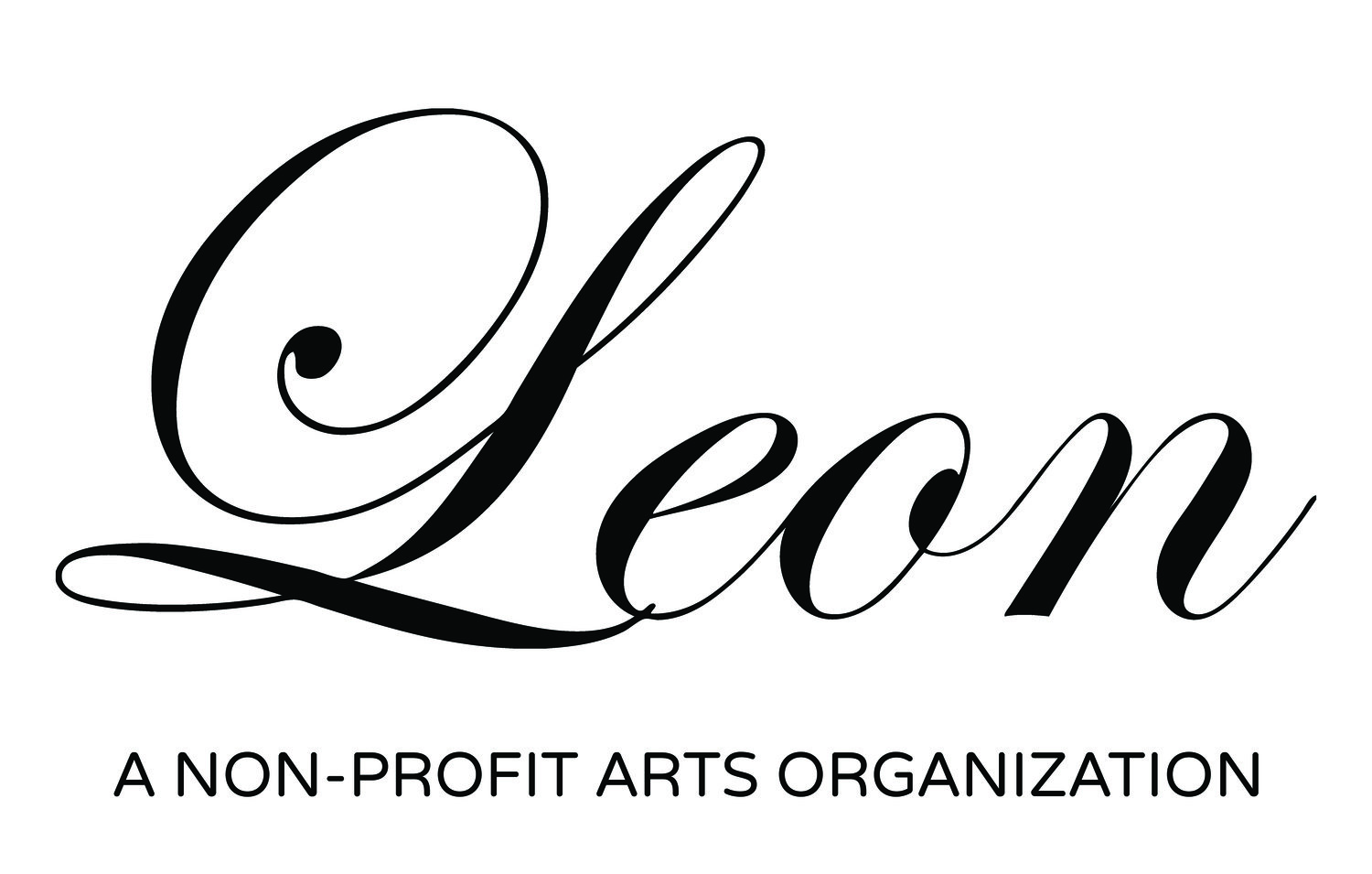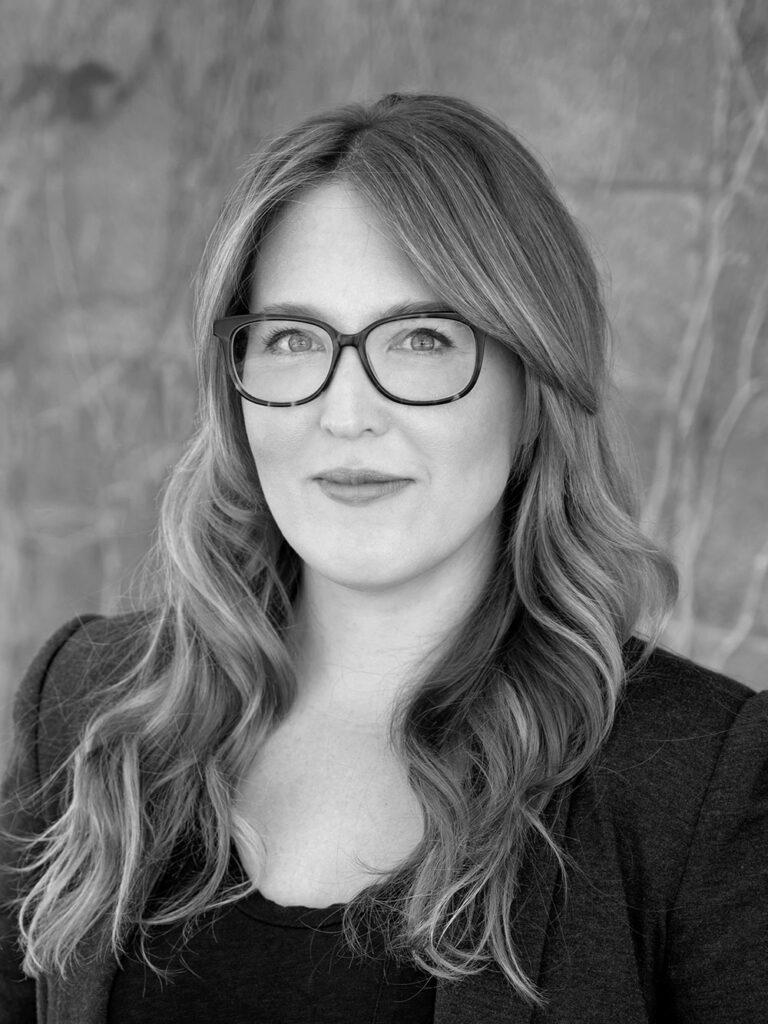December 2nd, 2022 – January 15th, 2023
As a prominent creative force within the local Denver community, Joshua Ware’s work inhabitis numerous spaces, from public scuplture, to intimate literary readings, to published articles on exhibitions and profiles on other local artists. His involvement within the community is both generous and impactful.
Leon is honored to present Ware’s first solo exhibition with our gallery space, which will include a variety of sculptural work that he has been developing and creating over the past several years. “And You May Find Yourself Becoming Oblique In An Age of Mass Extinction”, will showcase the artist’s explorations into form, texture, and color, which collectively create a unique and authentic lexicon of sculptural expression.
Artist Bio:
Joshua Ware is an artist and writer who was born in Cleveland, Ohio. He earned his doctorate in English Literature and Creative Writing from the University of Nebraska and lives in Denver, Colorado. His work has shown both nationally and internationally, and his public sculptures are on display in Denver, Colorado Springs, and Grand Junction. Ware regularly writes art reviews—most recently for Southwest Contemporary—and is the author of Homage to Homage to Homage to Creeley and Unwanted Invention / Vargtimmen.
Artist Statement:
‘[Objects] are radically mysterious…this thing I can see right here is ungraspable. It’s totally vivid, yet I can’t get a grip on it.
-Timothy Morton, “And You May Find Yourself Living in an Age of Mass Extinction”
Moments of disorientation are vital. They are bodily experiences that throw the world up or throw the body from its ground…Disorientation could be described here as the ‘becoming oblique’ of the world, a becoming that is at once interior and exterior.
-Sara Ahmed, Queer Phenomenology: Orientations, Objects, Others
Object-Oriented Ontology argues that objects are unknowable to a subject. An artwork, for instance, is a mystery even to the artist who created it: something ungraspable that fosters an ambiguous space composed of both seduction and repulsion. While uncertain, though, the object opens itself up to the world and asks us to approach it with flexibility and humility, thus producing an ethics of (ecological) attunement toward the world.
Queer Phenomenology suggests that, rather than orienting ourselves to the world and the objects within it, we allow ourselves to become disoriented. In other words, to unsettle ourselves and our bodies in order to approach an object differently. To untether ourselves from our expectations. To lose our place. To fail in our orientations so our interactions with an object become strange. To become oblique in both body and mind.
Looking at the objects in this exhibit—some of which I created years ago, others just weeks ago—I am struck by how strange they appear to me now, when considered retrospectively. What I thought I knew of them, I must concede, was more a projection of my own desires. My own ideology. Rather than offer an overarching statement predicated on certainty or opinion, I present you (and myself) with a challenge: let these objects remain unknown; instead, let us offer them solidarity: a communing through aesthetic and embodied experience. In doing so, I would like that we let ourselves disorient from our old ways of seeing, knowing, critiquing, and experiencing an artwork. Be lost. Be uncertain. Embrace an ecological ethics in the Anthropocene that acknowledges objects’ unknown essence and our own uncertainties. Become oblique.
Photo credit: Amanda Tipton Photography
You can read Ray Rinaldi’s Denver Post review of this exhibition here.


